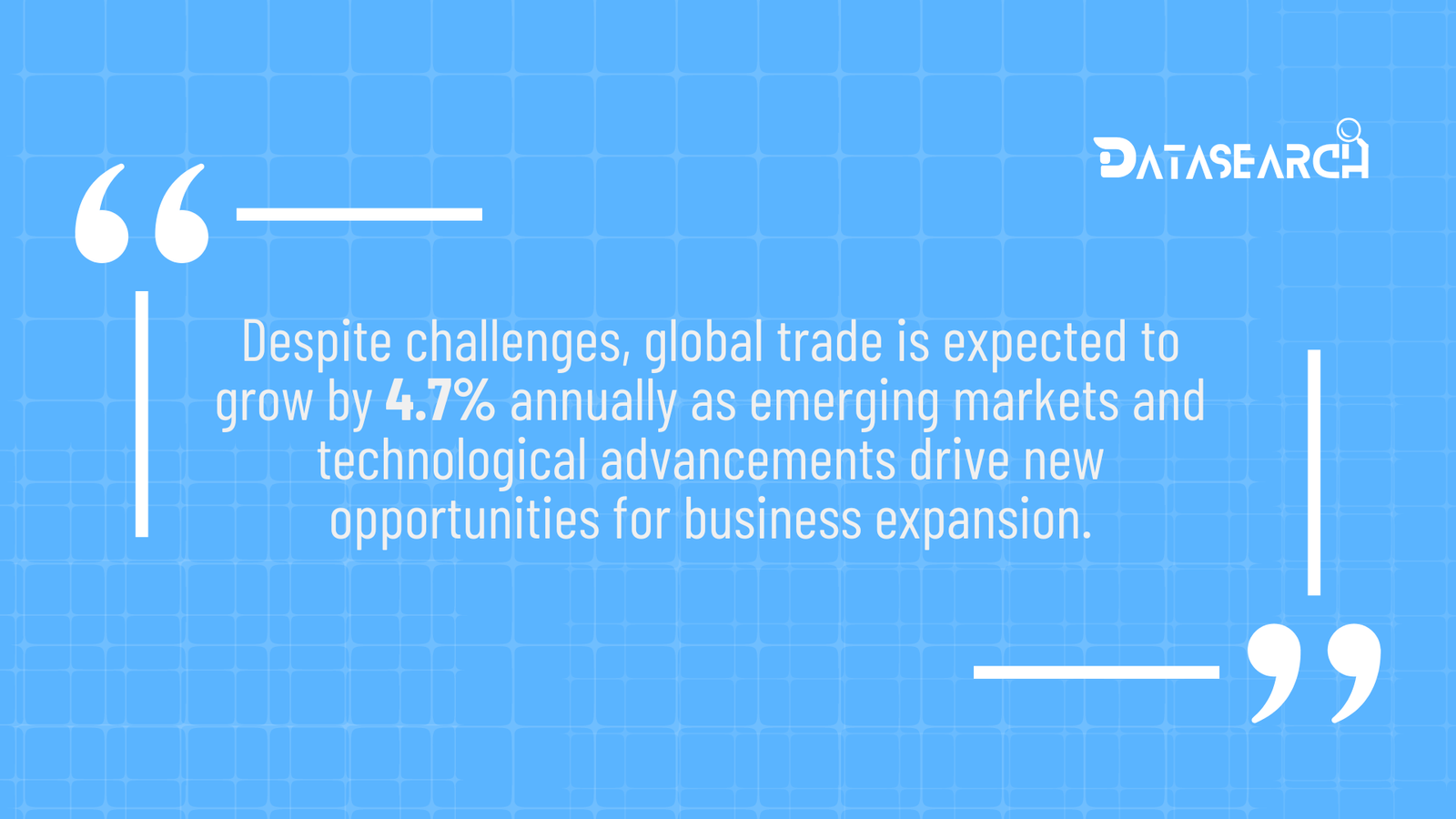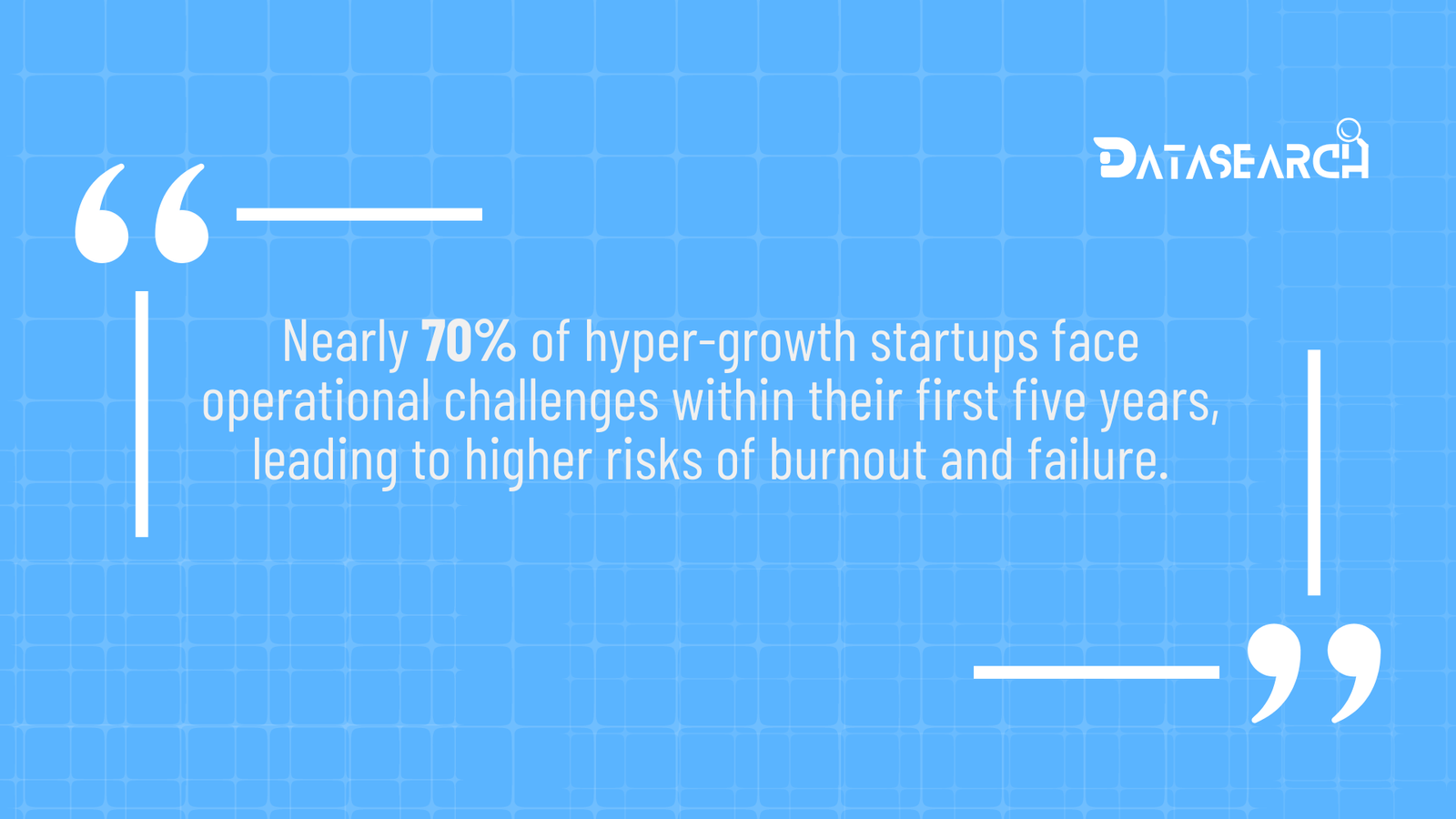For decades, globalization has been a key driver of business growth, enabling companies to expand beyond their domestic markets and tap into global customer bases. However, recent geopolitical shifts, supply chain disruptions, and increasing nationalistic sentiments have raised questions about whether globalization is still a viable strategy for business expansion. In this article, we’ll explore the current state of globalization and assess whether it remains a smart move for companies looking to grow.
What Is Globalization in Business?
Globalization in business refers to the process of expanding a company’s operations, products, or services to multiple countries or regions. This strategy allows companies to access new markets, diversify their customer base, and reduce dependency on a single economy. While globalization once promised endless opportunities, the global landscape has changed significantly in recent years, presenting both opportunities and challenges for businesses.
Why Globalization Has Been a Popular Strategy
Access to New Markets One of the most significant advantages of globalization is the ability to access new markets. By expanding into international territories, companies can increase their customer base and boost revenues. For example, U.S.-based brands like McDonald’s and Coca-Cola saw massive success by scaling globally, making their products available in almost every country worldwide.
Cost-Efficiency Expanding into foreign markets can offer cost benefits, especially for companies that take advantage of lower production or labor costs abroad. This can help businesses lower operational expenses, improve profit margins, and compete on price.
Diversification of Risk A diversified global presence allows companies to spread risk across multiple markets. By operating in various regions, businesses can offset downturns in one market with growth in another, making their operations more resilient to economic shocks or crises.
Enhanced Brand Recognition Establishing a global footprint can elevate a brand’s prestige and recognition. Many of the world’s most successful brands are global, benefiting from increased exposure and the prestige that comes with being a multinational player.
The Changing Landscape of Globalization
While globalization has historically been a winning strategy, recent developments have created challenges that businesses need to navigate carefully. Here are some of the key factors impacting the viability of globalization today:
Geopolitical Tensions Geopolitical conflicts, trade wars, and shifting diplomatic relations between major economies have disrupted global business strategies. For example, the U.S.-China trade war led to tariffs that increased the cost of doing business between the two nations, forcing many companies to rethink their global supply chains and market strategies. Similarly, Brexit introduced new complexities for companies doing business in Europe.
Supply Chain Vulnerabilities The COVID-19 pandemic exposed the vulnerabilities of global supply chains. With factories shutting down, shipping delays, and border closures, many companies faced shortages of raw materials and products. As a result, businesses are now re-evaluating whether relying on global supply chains is a sustainable strategy or if reshoring—bringing production back to domestic markets—is a better option.
Economic Nationalism A growing wave of economic nationalism has emerged in recent years, with countries increasingly prioritizing domestic industries over foreign investments. This shift toward protectionism can create barriers for businesses looking to expand internationally, with higher tariffs, stricter regulations, and a less favorable business environment in some markets.
Changing Consumer Preferences In some regions, there is a rising preference for locally produced goods over global brands. This “buy local” movement is often driven by concerns over sustainability, job creation, and support for local economies. Companies looking to expand internationally may need to contend with consumer demand for local authenticity rather than global homogenization.
The Case for Continued Globalization
Despite these challenges, globalization remains a viable strategy for many businesses—especially those in sectors where international demand is growing. Here are some reasons why globalization could still make sense for your company:
Growth Opportunities in Emerging Markets While developed markets may be saturated, emerging markets present significant growth potential. Countries like India, Brazil, and parts of Africa are experiencing rising consumer demand, a growing middle class, and increased digital connectivity, creating fertile ground for expansion.
Advancements in Technology Technology has made it easier than ever to manage global operations. E-commerce platforms, digital marketing tools, and cloud-based software enable companies to reach international audiences with minimal physical infrastructure. This digital transformation can help businesses scale globally with lower upfront costs and reduced risk.
Global Talent Pools Expanding globally also allows companies to tap into diverse talent pools. Remote work trends, accelerated by the pandemic, make it possible for businesses to hire skilled professionals from around the world, improving innovation and productivity.
Cross-Border Collaborations Globalization also enables cross-border collaborations, which can lead to innovation, improved products, and new business models. Companies that successfully navigate the global landscape can create synergies between regions and optimize their operations for efficiency and profitability.
How to Make Globalization Work in Today’s Business Climate
To ensure that globalization remains a viable strategy in the current business climate, companies need to take a more nuanced and flexible approach. Here’s how to do it:
Localize Your Strategy Global expansion doesn’t mean a one-size-fits-all approach. Companies that succeed in international markets understand the importance of localization. This means adapting products, services, and marketing strategies to align with local cultures, regulations, and consumer preferences.
Diversify Supply Chains Relying on a single country or region for sourcing materials or manufacturing can create significant risks. To mitigate these risks, companies should diversify their supply chains across multiple regions to ensure continuity in case of disruptions.
Embrace Technology Leveraging digital tools can make globalization more manageable. Invest in technology that allows for real-time collaboration, efficient supply chain management, and targeted digital marketing to make your global strategy more agile and adaptable.
Stay Agile In a rapidly changing global environment, businesses need to stay agile. This means being ready to pivot in response to changing market conditions, geopolitical tensions, or consumer trends. Flexibility will be key to sustaining long-term success in global markets.
How DataSearch Can Support Global Expansion
At DataSearch, we provide businesses with the data-driven insights they need to succeed in today’s complex global environment. Our platform offers in-depth market analysis, competitive intelligence, and supply chain optimization tools to help you make informed decisions about where and how to expand internationally. With DataSearch, you can:
- Identify emerging market opportunities and assess potential risks.
- Optimize supply chains for efficiency and resilience.
- Understand regional consumer behavior and tailor your strategy accordingly.
Visit DataSearch.pro to learn how our advanced analytics tools can help you navigate the challenges of globalization and achieve sustainable business growth on a global scale.



